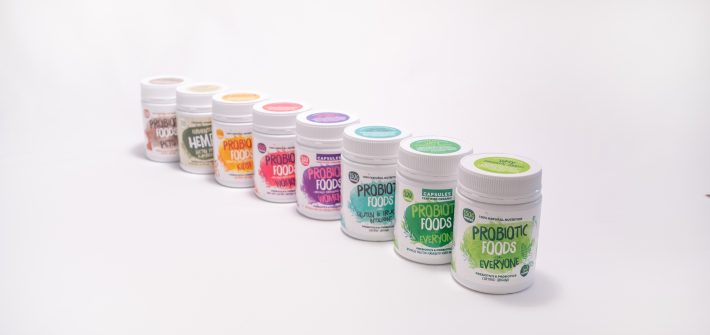Prebiotic and probiotic foods are essential components of a healthy diet because they play crucial roles in maintaining and promoting gut health.
Here’s a breakdown of why these foods are important:
Prebiotic Foods:
- Foster the Growth of Beneficial Bacteria: Prebiotics are non-digestible fibers or compounds found in certain foods. They serve as food for beneficial gut bacteria, such as bifidobacteria and lactobacilli. By providing these bacteria with the nutrients they need, prebiotics help these populations thrive in the gut.
- Improved Gut Health: A diet rich in prebiotics can contribute to a healthier gut microbiome. This, in turn, is associated with various benefits, including better digestion, reduced inflammation, and enhanced nutrient absorption.
- Enhanced Immune Function: A significant portion of the immune system resides in the gut. A healthy gut microbiome supported by prebiotics can help regulate immune function and potentially reduce the risk of infections and autoimmune diseases.
- Reduced Risk of Chronic Diseases: Some research suggests that a diet high in prebiotics may be associated with a lower risk of chronic diseases like obesity, type 2 diabetes, and cardiovascular disease.
Probiotic Foods:
- Introduce Beneficial Microorganisms: Probiotic foods contain live beneficial bacteria, such as Lactobacillus and Bifidobacterium strains. When consumed, these bacteria can colonize the gut and contribute to a balanced and diverse microbiome.
- Digestive Health: Probiotics can help regulate digestion by improving the balance of gut bacteria. They may alleviate symptoms of gastrointestinal disorders like irritable bowel syndrome (IBS) and diarrhea.
- Immune Support: Probiotics play a role in regulating the immune system and maintaining a balanced inflammatory response. This can be particularly important for preventing infections and reducing the severity of certain allergies.
- Mental Health: Emerging research suggests a link between the gut and brain health, often referred to as the “gut-brain axis.” Probiotics may have a role in promoting mental well-being and possibly even reducing the risk of mood disorders like depression and anxiety.
- Management of Certain Conditions: Probiotic supplementation has shown promise in managing specific health conditions, such as lactose intolerance, urinary tract infections, and some forms of dermatitis.
In summary, prebiotic foods provide the fuel for beneficial gut bacteria, while probiotic foods introduce live bacteria directly into the gut. Both are essential for maintaining a balanced and healthy gut microbiome, which has far-reaching effects on overall health and well-being. Incorporating a variety of prebiotic and probiotic foods into your diet can contribute to better digestion, improved immunity, and potentially a reduced risk of various chronic diseases.

